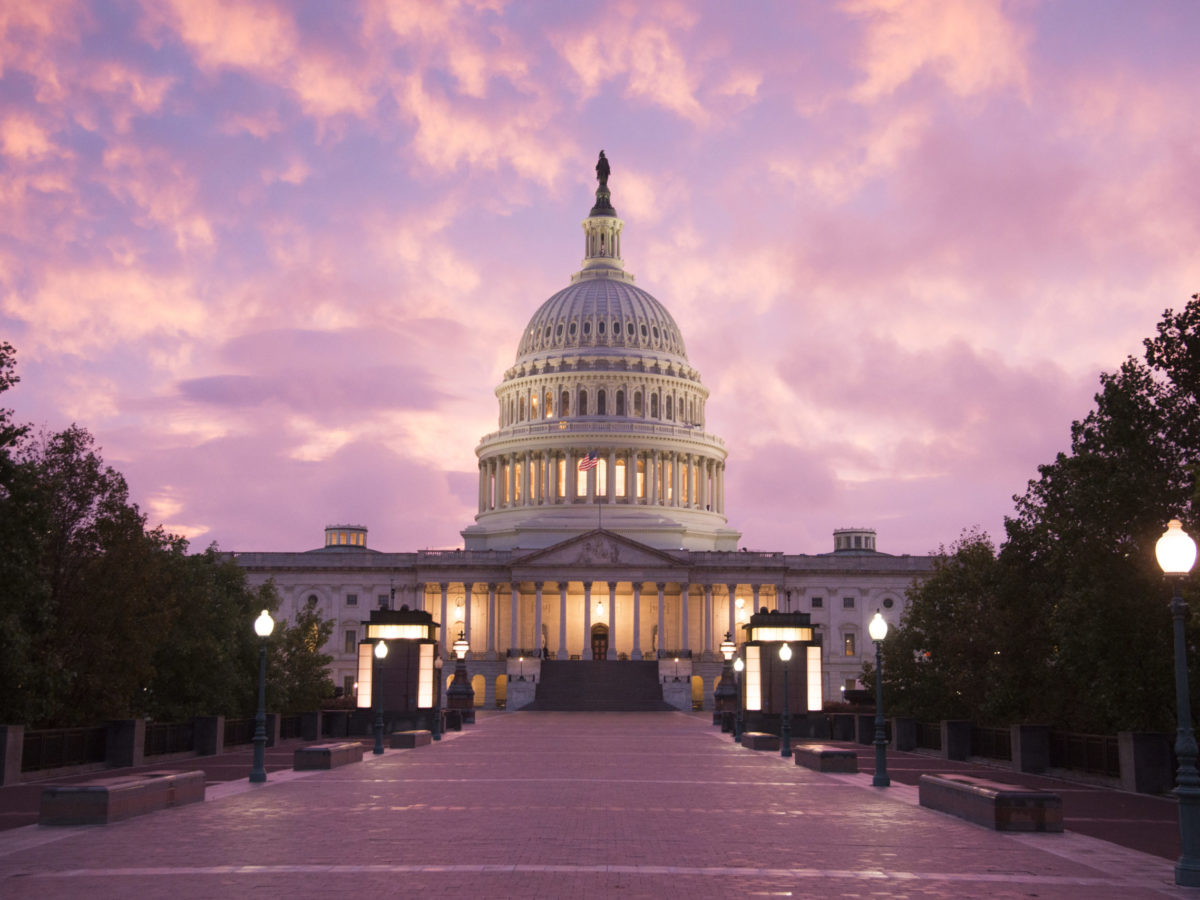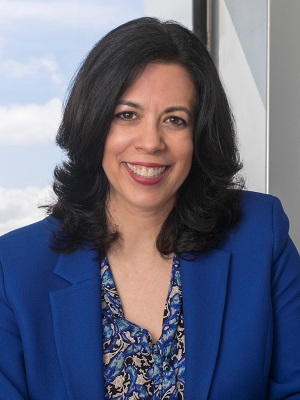
Julie Hutcheson Stoss, JD is a vice president in Kaiser Permanente’s government relations department and has worked at Kaiser Permanente since 1999. She leads the department’s efforts to develop policy positions and priorities with respect to proposed government actions.
We sat down with Julie to learn about her work, what excites her about Kaiser Permanente’s 2018 policy priorities, and her passion for promoting women in leadership.
What first attracted you to a career in health care policy?
My mom, Cecelia, is a retired nurse and she instilled in me her passion for health care from the beginning. When I was young, I worked in her office during the summer where I learned that I wasn’t meant to be a provider (I’m a little squeamish), but I always wanted to enable providers to do their important work.
I became interested in policy after working on a Native American sovereignty case while I was clerking for a judge. The case was personal for me because I’m a member of the Cherokee tribe. I spent a lot of time researching the law and finding arguments to support the tribe, which I believed was the just result. Unfortunately, the law wasn’t in favor of the Natives and so my judge had to follow the precedent and rule against the tribe. That’s when I realized that I wanted to work upstream and help to shape policies rather than apply the laws after they’re passed.
So, I went to work for a legislator in Sacramento who happened to be on the health committee. Through that work, I was introduced to several Kaiser Permanente staff and that was when these two paths — health care and policy — converged for me.
Almost two decades later, I’m so glad that they did.
During your tenure with Kaiser Permanente, what are you most proud of?
I’m proud of our work on the Affordable Care Act (ACA). It felt like a natural progression of my work in the California State Legislature where I focused on getting coverage for kids through the Children’s Health Insurance Program (known as CHIP).
At Kaiser Permanente, I was privileged to have the opportunity to work on helping everyone gain access to coverage. Our model of integrated care and financing became a model for the nation and we played a key role in ensuring the passage of the ACA. It was an incredible opportunity for our government relations department to came together and we showed remarkable teamwork.
What most excites you about your work at Kaiser Permanente?
I’m excited to be involved in creating an internal policy council focused on Medicaid, which will work to support the deliberations and decisions of Kaiser Permanente’s Health Policy Committee. Through this council, I’ll be able to work with colleagues to start thinking about how Kaiser Permanente can help shape the broader dialogue about the future of Medicaid.
I also enjoy engaging with the national Medicaid team to address operational issues. Having a seat at their leadership table and being able to support their operational activities in alignment with the Government Relations strategy and organizational thought leaders has been really rewarding.
And it continues to be an exciting time to work in health care policy. Which of Kaiser Permanente’s current policy priorities most excite you?
It is an exciting time, but it’s also unfortunate that, in many ways, it feels like we’re un-doing some of the great progress we made with the passage of the ACA. We were close to universal coverage – especially here in California – and now we’re seeing challenges to the law from both sides of the aisle that jeopardize access and promote the fee-for-service system that we know is not sustainable. I hope that we can come together to focus on our shared goal of providing affordable, accessible health care coverage for everyone by continuing to move forward with the ACA’s pragmatic, market solutions – it’s a key policy priority for Kaiser Permanente.
I’m also passionate about our efforts to address the needs of those who struggle with mental health issues. In this country, we have a lot of work to do to create a sustainable system that gets people the care they need. Mental health services are often too expensive or not widely available, and we face provider shortages. It’s an important policy priority and I’m energized by the movement we’re making in the right direction and the national conversation we are helping to lead.
You’ve experienced a great deal of professional success throughout your career. How do you see yourself as a role model for other women at Kaiser Permanente who aspire to hold leadership positions?
Though things have advanced for women, barriers persist even in the most progressive organizations. Right now, at Kaiser Permanente, there are several on-going efforts to advance women’s roles in leadership – and I’m thrilled to help advance them.
As a leader, I am committed to helping women achieve their goals and realize the best version of their professional selves. There are many well-intentioned efforts to help women improve themselves without recognizing the systemic barriers they face. Women need mentorship, sponsorship, and opportunities to shine.
Through my participation in the Carol Emmot Fellowship for Women Leaders in Health, I’m exploring how to better support all Kaiser Permanente staff – but especially women — grow as leaders. The fellowship helps women from various health care disciplines expand their networks and grow their influence.
There is something special that happens when a group of smart, committed women work together to make positive change. My plan is to capitalize on that energy from the fellowship and focus on how I can best lead transformation in the health care system and support other women to do the same.
What keeps you busy outside of work?
I spend my free time reading, traveling, and taking care of my kids. My oldest, Katie, is a competitive soccer player, and Kurt studies karate, plays flag football, and is a video game expert. I love watching their games and seeing how sport brings out different sides of their personalities and empowers them. I’ve also been an active participant in their schools through fundraising and volunteering.
Well, and then there’s dance. I was a dancer in college and I still make time for Zumba and hip-hop classes when I can!
